The consolidation of power amongst large government entities was a prominent fear throughout the American colonies as they founded our Constitutional Republic. That fear not only rested in the federal government becoming too large but also in a state’s sovereignty becoming too robust or too diminutive. The power should reside in the people, locally and nationally. However, time, constantly expanding regulation, dramatic shifts in the design of the government and through progressive manipulation, the concept of states authority versus the federal government’s authority has become muddled. As of late, multiple states have thumbed their noses in the faces of the “PBI’s” (Politicians, Bureaucrats and Interested Parties) in Washington. Just last month, Texas made a highly public example of the federal government by putting illegal aliens on a bus and sending them into the swampy epicenter of that government in Washington DC. Our very own state of Colorado passed legislation making Marijuana legal, in direct violation of federal law. It would behoove us to ask what the consequences of that action should be. No federal armies descended on Colorado. No federal armies descended upon the buses from Texas. Who could have predicted this lack of reaction from DC? It is time to dust off the Federalist Papers and understand the principles of the rivalry that seems to be ever-growing within our nation.
A form of government was necessary and important for America to succeed-but it had to be one that was founded in freedom instead of force and one that created checks on ever-expanding governments. Madison spent Federalist #45 and #46 seeking to put these worries to rest. In these two papers, he outlined the proposed system and the interactions and dependency of the state and federal governments. On one hand, the federal government is given a portion of the state’s sovereignty to prevent contentions between the states and to foster commerce, but the federal government was also specifically designed to be dependent on the states. In Federalist #46, Madison outlines two hypothetical scenarios to demonstrate the fear the federal government should have regarding encroaching on the power of the states. The first scenario is if a state does something that is popular within the state but is “unfriendly” towards the federal government (e.g., marijuana legalization). Madison pointed out that the act would be done and anything the federal government did in opposition would likely inflame the zeal of the citizens of that state to continue doing what they proposed to do! If on the other hand the federal government did an act that was unpopular in a state, several things would happen in opposition. The people of that state may refuse to cooperate with the imposition and the state may refuse to enforce or even actively oppose the federal act (for example Florida during the COVID overreaction). The alarm created in the citizens of that state may extend to several other states and they may rally together to obstruct the federal government to an even greater degree. But what should happen if the federal government were to try to encroach on the powers and rights of the states to an even grander degree?
Madison believed that if any “ambitious encroachments” on state authority occurred, it would sound a clarion call to all the states: whether they agreed with this action or not. The states would band together in resistance to this action to defend the principle of state sovereignty. Here is where we must pause to reflect on the significant changes made to the Constitution which now limit the effectiveness of the states to prevent such ambitious encroachments. The original constitution had Senators elected by the individual state assemblies. The 17th Amendment changed this to Senators elected directly by the people. The consensus was that the House of Representatives was controlled directly by the people and the Senate was controlled by the states. Therefore, any legislation that usurped state’s authority would be soundly struck down by the Senate. This change in the composition of the Senate could not have been predicted by the founders and the unintended consequences of that action have been direct and foreseeable: less sovereignty of the states.
The enumerated powers of Congress also served another intriguing purpose when considering the makeup of the Senate: the power to declare war, make treaties, and raise armies. Madison notes in Federalist #45 that the federal government will be most active and powerful during war and danger, while the state governments will be most powerful during times of peace and security. “As the former periods will probably bear a small proportion to the latter, the State governments will here enjoy another advantage over the federal government.” By removing the interest of the states in Congress, there is no longer an incentive for the federal government to be motivated towards peace and security. It is little wonder to find that America finds itself constantly facing “danger” and also perilously and recklessly throws itself into one conflict after another.
So, what powers and authority do states actually have? Federalist #32 again laid out an excellent series of three tests to see whether a state has authority or not. The first test is the exclusive jurisdiction test. If the Constitution mentions exclusive legislation or authority given expressly to the federal government, then the federal government retains that power and the states do not. The second test is the prohibition test. If a power is specifically prohibited to the state (mostly Article 1 Section 10) then the states obviously do not have that authority whereas the Constitution expressly gives these same powers to the federal government. The last test is the uniform rule test. “This must be necessarily exclusive; because if each State had power to prescribe a DISTINCT RULE, there could not be a UNIFORM RULE.” If a state tries to use their authority, and it does not violate the three rules, then the state has the authority to do so. An example is land taxes by the state: the federal government does not have any exclusive authority to tax lands, the authority is not prohibited by the Constitution, and there is no uniform rule that this tax violates. Thus, a state has the authority to impose the tax, but prudent citizens should decide whether this is a wise and necessary authority to use.
After reviewing these tests, the next question is whether we should say the states’ have rights or sovereignty? The long and short of it is that the Federalist Papers more often refer to the sovereignty of the states than they refer to the rights of the states. However, one sentence that bridges the gap between the two is in Federalist #32: “the State governments would clearly retain all of the rights of sovereignty which they had before.” Perhaps sovereignty is one of the many rights of the states. Perhaps the language of sovereignty is a product of its time when sovereignty was a word on the lips of every patriotic revolutionary and their devotion extended not only towards their new nation but also toward the equal parts of the whole and their neighbors: their state. Regardless of whether you call it sovereignty or rights, the principle the founders wanted to instill is if the federal government is the only sovereign government, then all the states would logically be forced to be inferior to that government. But they did not design our government in such a way. They enumerated only a partial set of powers to the federal government and allowed a broad amount of power to the states, thereby preserving the authority of the existing state constitutions. The power of the state was to be used prudently and judiciously by a virtuous and reasoned citizenry. Power in the hands of any government entity can be a dangerous thing. We the people would be wise to remember and restrain the power the state governments can wield, to watch how our fellow states enact legislation and to learn from their mistakes and successes. Virtuous citizens then are the only bulwark to prevent tyrannical state governments.
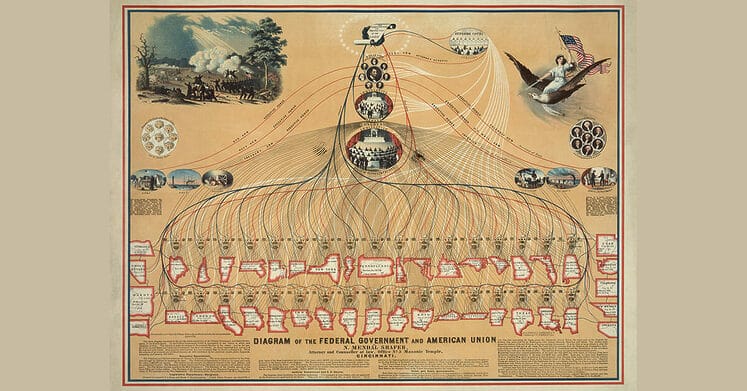

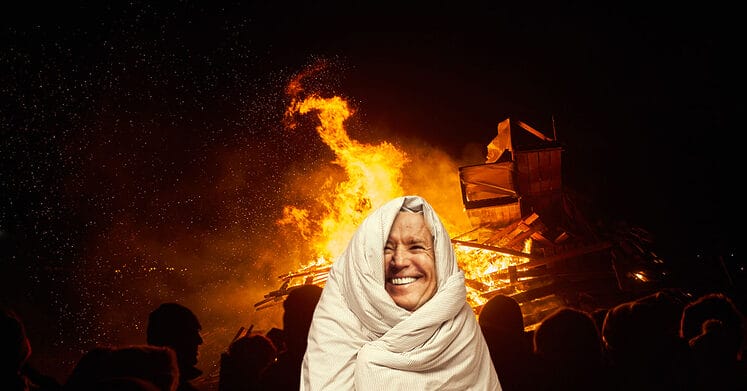
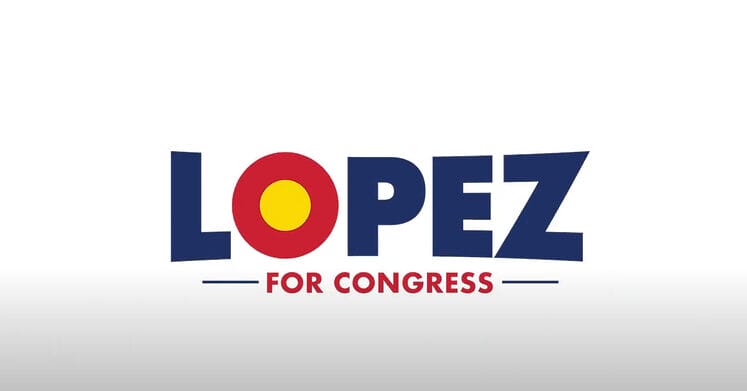
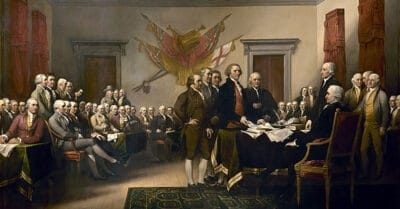

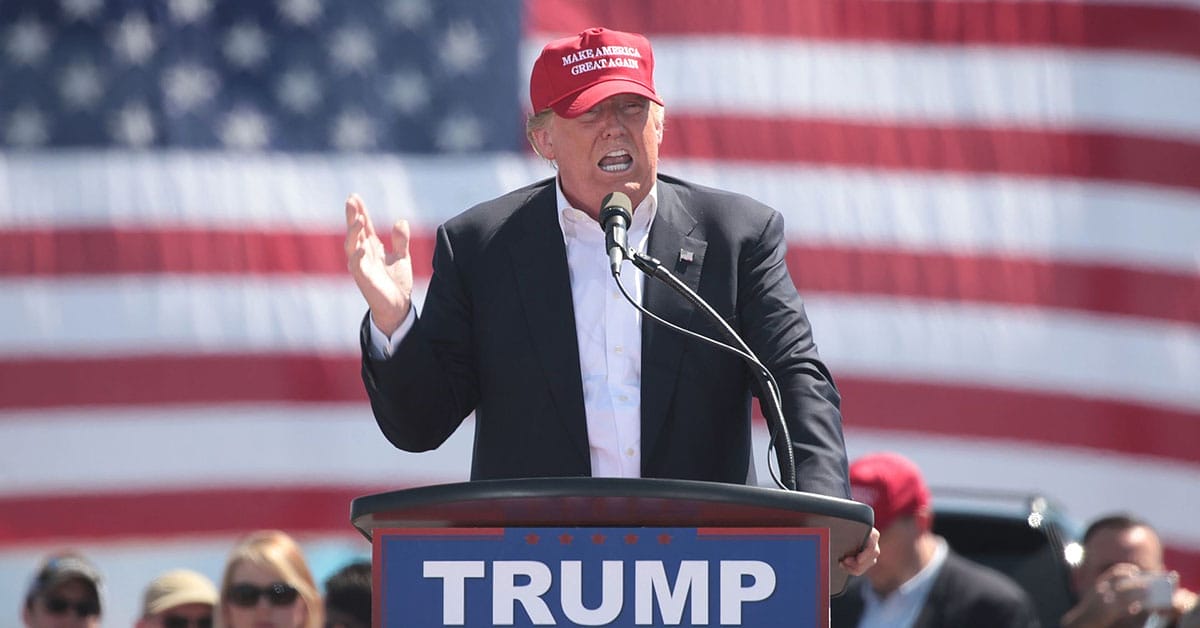


Responses
Outstanding work.
SO…I guess the ONLY thing we can do is force the Legislative Body of our government to enact TERM LIMITS and allow more “citizens” to enter government service rather than have a large group of “ruling class individuals” as we now have in place? AND it might also help to do away with the “IRS” …taxing labor and go to a “Fair Tax System” of taxing consumption so everyone has “skin in the game:.